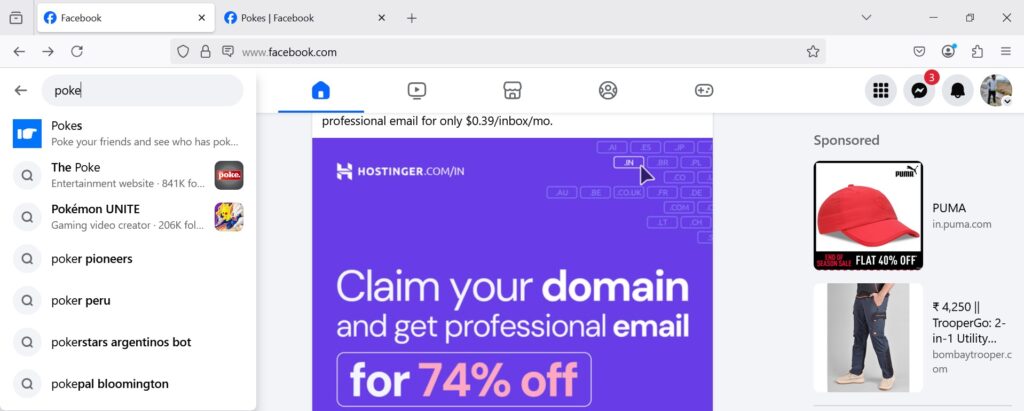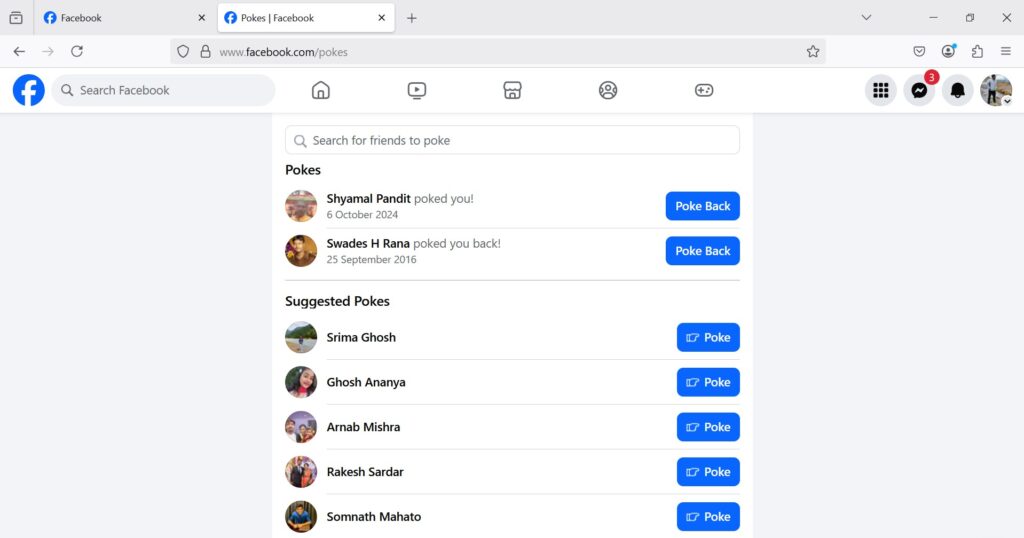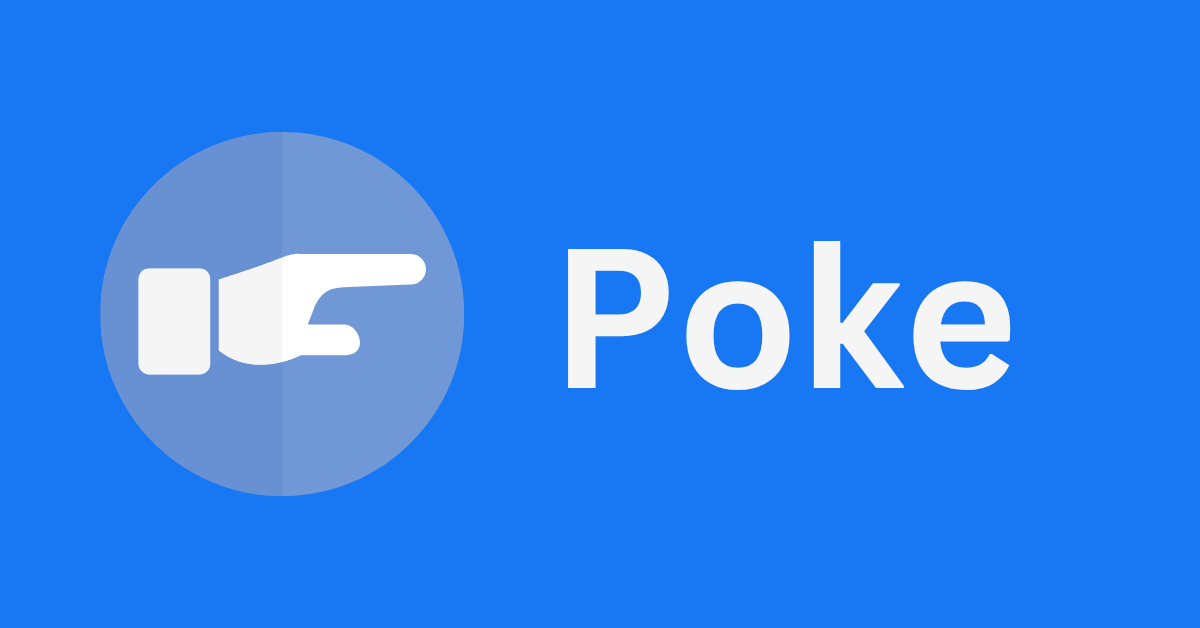If you’ve ever noticed the “poke” option on Facebook and wondered what it’s all about, you’re not alone. While many users are familiar with features like likes, shares, and comments, the poke is a bit of a mystery. It’s been around since the early days of Facebook, yet its meaning has never been fully defined—even by Facebook itself. So what does it really mean to poke someone on Facebook?
What Is a Facebook Poke?
A Facebook poke is a small, informal way to interact with someone on the platform. When you poke someone, they receive a notification that says, “You’ve been poked by [Your Name].” That’s it. There’s no accompanying message or reason. It’s just a quick way to say hello, grab someone’s attention, or give a digital nudge.
According to Meta’s support page, a poke is “a way to say hi or get someone’s attention.” It doesn’t come with any built-in purpose, which is what has made it such a curious feature over the years.
Origins of the Poke Feature
The poke was introduced back in 2004, when Facebook was still TheFacebook and limited to Harvard students. It was one of the original social interactions on the site—long before the news feed, reactions, and timeline came into existence.
Back then, the poke was widely used as a playful gesture. Some people used it to flirt, others used it to reconnect, and some just did it for fun without any deeper meaning. Because there was no text or context attached, it left users guessing—and that was part of the charm.
Common Interpretations of a Facebook Poke
Even though Facebook never gave it a single definition, over time users gave their own meaning to the poke. Some common interpretations include:
- A friendly “hello” – Like a wave or tap on the shoulder to get your attention
- A playful flirtation – Especially common in the early days
- A reminder – Some people poke back and forth like a game
- A conversation starter – Prompting someone to message or interact
It’s important to note that a poke isn’t a private message, so you can’t add context or explain your reason unless you follow it up with a chat.
Is the Poke Still a Thing in 2025?
Surprisingly, yes. While the poke disappeared from the main navigation years ago, it never fully went away. In fact, Meta quietly revived it in 2024 by making it more visible again in certain places.
Ways to poke people on Facebook:
- Typing “Poke” into the Facebook search bar.

- Visiting the Pokes page directly: facebook.com/pokes

- Poking friends from the suggestions list if they haven’t disabled the feature
Despite its lower profile, many users still use the poke feature, especially for fun or nostalgia.
Can You Disable Pokes?
You can’t exactly turn off pokes entirely, but you can ignore them. Facebook doesn’t force you to respond. If someone pokes you, you can poke back, ignore it, or even block the person if the interaction feels unwelcome.
You can also adjust your privacy settings to control who can interact with you, which includes limiting pokes from strangers or people outside your friend list.
Personal Perspective
To be honest, I hadn’t thought about the poke feature in years—until someone poked me out of the blue last month. It instantly reminded me of the early Facebook days. I poked back, and just like that, we started a short conversation after years of no contact. It made me realize the poke, while simple, still has a weird little charm.
Conclusion
So, what does it mean to poke someone on Facebook? It’s a digital way to say hi—casual, light-hearted, and open-ended. While it’s not used as widely as it once was, the poke still exists and occasionally sparks conversations, memories, or friendly nudges.
Whether you’re rekindling old friendships or just feeling playful, a poke might be the smallest but most surprising thing you can send.
If you found this article informative, feel free to check out our other articles as well.
